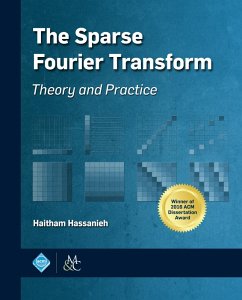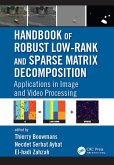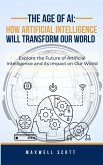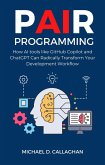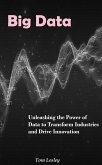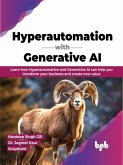The Fourier transform is one of the most fundamental tools for computing the frequency representation of signals. It plays a central role in signal processing, communications, audio and video compression, medical imaging, genomics, astronomy, as well as many other areas. Because of its widespread use, fast algorithms for computing the Fourier transform can benefit a large number of applications. The fastest algorithm for computing the Fourier transform is the Fast Fourier Transform (FFT), which runs in near-linear time making it an indispensable tool for many applications. However, today, the runtime of the FFT algorithm is no longer fast enough especially for big data problems where each dataset can be few terabytes. Hence, faster algorithms that run in sublinear time, i.e., do not even sample all the data points, have become necessary.
This book addresses the above problem by developing the Sparse Fourier Transform algorithms and building practical systems that use these algorithms to solve key problems in six different applications: wireless networks; mobile systems; computer graphics; medical imaging; biochemistry; and digital circuits.
This is a revised version of the thesis that won the 2016 ACM Doctoral Dissertation Award.
This book addresses the above problem by developing the Sparse Fourier Transform algorithms and building practical systems that use these algorithms to solve key problems in six different applications: wireless networks; mobile systems; computer graphics; medical imaging; biochemistry; and digital circuits.
This is a revised version of the thesis that won the 2016 ACM Doctoral Dissertation Award.
Dieser Download kann aus rechtlichen Gründen nur mit Rechnungsadresse in A, D ausgeliefert werden.

